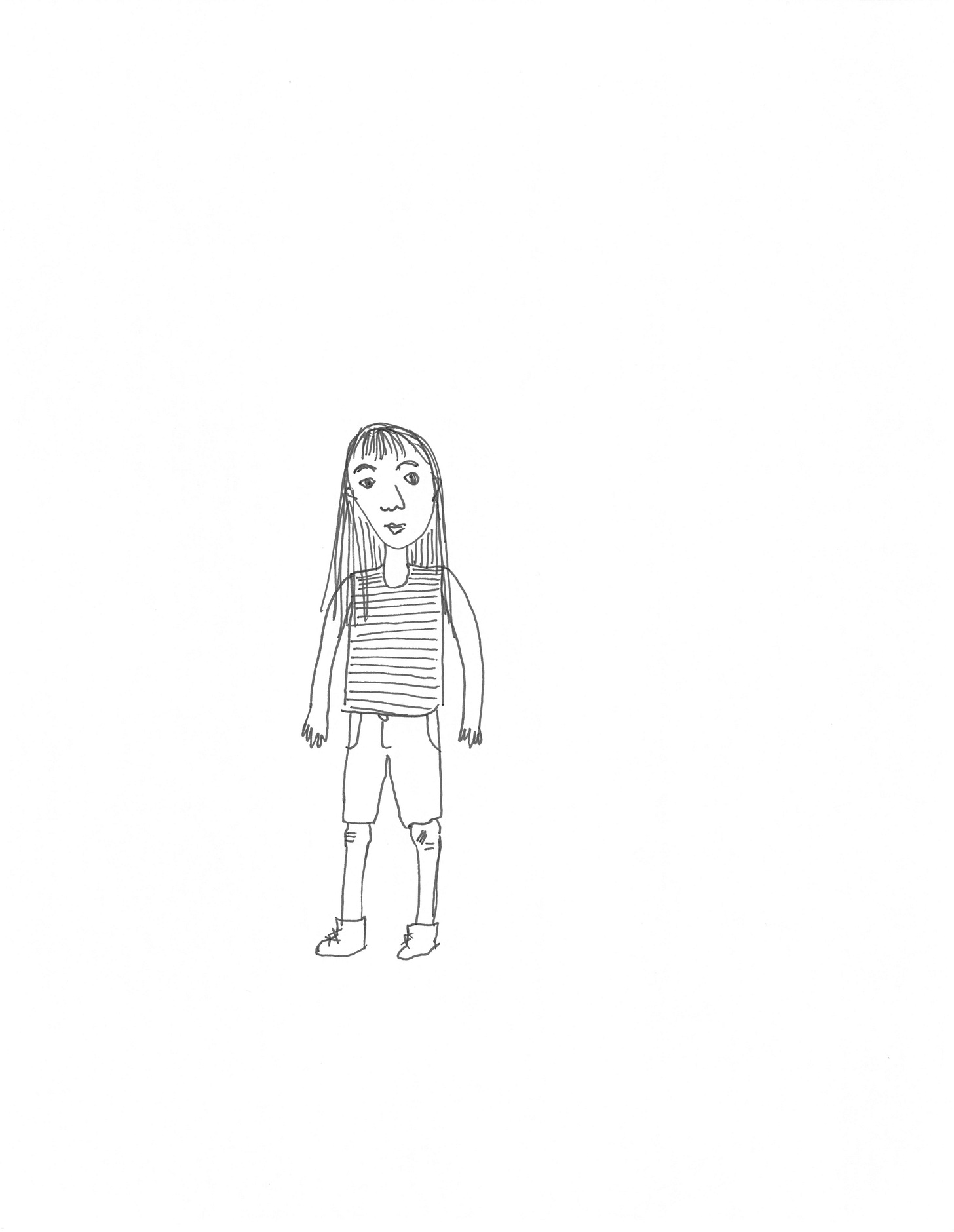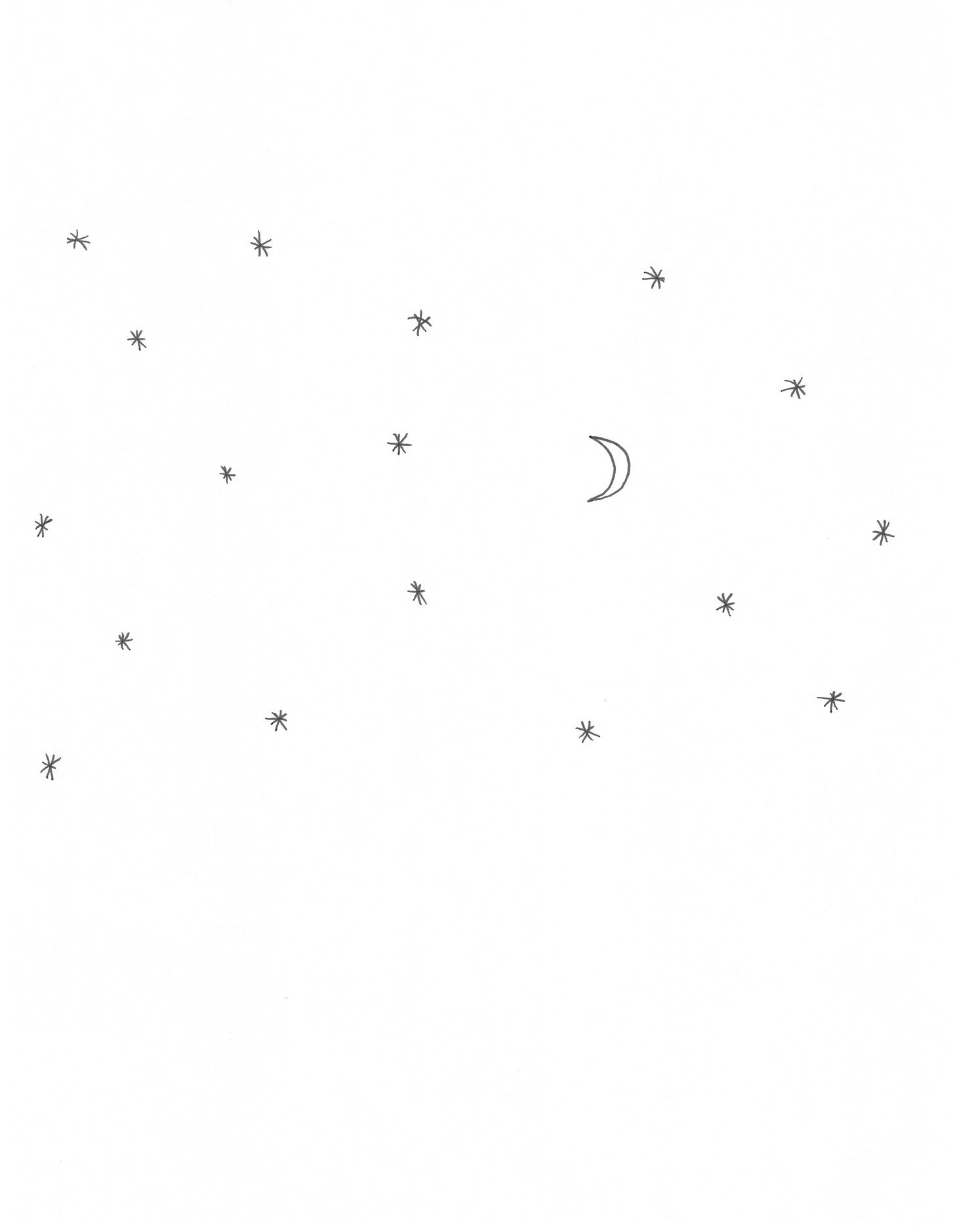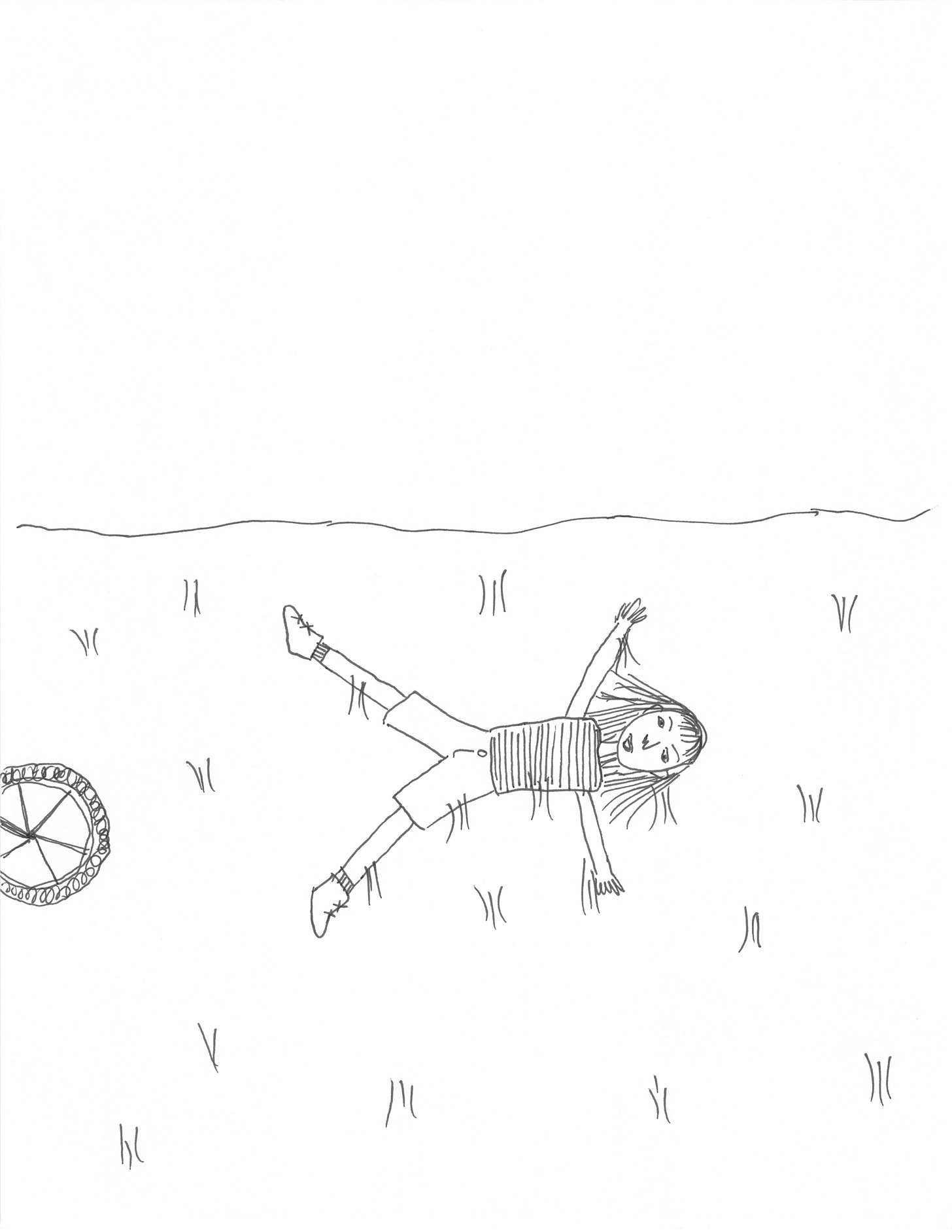Happy Friday, all.
Here’s what I have for you today:
Housekeeping
What I’m reading
Quotations
Tweets
Housekeeping:
I watched Being the Ricardos. It was very good. You can stream it for free on Am*zon Pr*me.
I had to get a bunch of car repairs & now I feel poor. Please consider buying my guide to publishing poems, or 5 books for $30, or a zine, or a collage to help me delay my nervous breakdown. In a hot way.
I want a nap.
Also,
I did a bunch of silly little drawings this week. They’re so ugly and cute. I love them.
Pls enjoy:
What I read last week:
“The Power of Unknowing,” Jack Halberstam
What I’m reading now:
The Queer Art of Failure, Jack Halberstam
Quotations:
Why shouldn’t thinking be poignant? Why shouldn’t thinking be emotional? That is what poetry is! You can’t separate even love from thinking. If by thinking you mean the activity of the Supreme, the activity of your mind, then when you love you think better in other fields also, because your mind is alert. Love is an energy that goes into many things. Love makes your perception clearer and you suddenly discover flowers. In school we’re told that this is sentimental—that is nonsense! We should stand in the origin, which is mindful energy. Why should a computer be smarter than your mind? Our head is a little radar. It is a message receiver and a message sender.
-Etel Adnan
what if the afterlife
is all of our mistakes
waiting up for us
in white frocks
at a picnic
in a clovered field
whose edges are
glowy and blurred,
and all we need do
is sit among them
and that tantalizing feast,
and touch nothing.
-Andrew Michael Roberts
Illegibility, then, has been and remains a reliable source for political autonomy.
-James C. Scott
Historical accounts of gender variability are crucial at a moment when change happens at a blistering pace. A student informed me recently that the term cisgender was so “old,” it was, they suggested, “very two years ago” and no longer in use. Whether or not the student gave an accurate assessment of the viability of the term, the comment sheds light on the very short life of current ideologies. For two years to represent a massive period of change (and nowadays it can) means that longer histories become almost irretrievable. I believe that without a longer historical view of the arc of transgender activism, we are stuck with squabbles about the significance of Caitlyn Jenner and internecine conflict. We need transgender history now more than ever.
-Jack Halberstam, “Trans*historicities”: A Roundtable Discussion
In our line of work, professional scholars, there are lots of benefits and not a few downsides. The benefits include flexible hours, working without an onsite boss, summers without teaching, and job security. But the problems in academia are sometimes a consequence of those benefits, namely, complacency (produced by job security), laziness, absenteeism (flexible hours), elitism, nepotism, intellectual snobbery, and cronyism. I really do believe that many academics need to buck up and remember how to learn— many people teach the same classes over and over, repeat the work they did years ago in “new” scholarship and then jealously guard the gates of their discipline from intruders and newcomers who might shake things up to such a degree that their own work becomes irrelevant, anachronistic, or at least in need of an update.
-Jack Halberstam, The Critical Pulse : Thirty-Six Credos by Contemporary Critics
I mastered my discipline in order to dismantle it; we all did.
-Jack Halberstam, The Critical Pulse : Thirty-Six Credos by Contemporary Critics
Anarchism is indeed practical. More than any other idea, it is helping to do away with the wrong and foolish; more than any other idea, it is building and sustaining new life.
-Emma Goldman, “Anarchism: What It Really Stands For” (1910)
Emma Goldman, responding to concerns that anarchism is impractical, that it advocates the use of violence, and that it is dangerous, asks what we actually mean by practicality and argues for an epistemological break with old ways of thinking. In her essay, which addresses what anarchism “really stands for,” she builds on Oscar Wilde’s reminder that what counts as practical is simply anything that can be carried out under already existing conditions.3 What is practical, in other words, is limited to what we can already imagine. […] What is impractical, Goldman proposes, could become practical if existing conditions shift and change. Above all, change should break with the stagnant, with what can already be imagined, in order to imagine “new life.”
-Jack Halberstam, “Go Gaga: Anarchy, Chaos, and the Wild”
When was the first time you saw nature and knew it as yourself? In a tornado?
-Oliver Baez Bendorf, “Nature”
Any queer theory that avoids the category of wildness runs the risk of reproducing the norms it critiques and stabilizing the system it seeks to unsettle. Queerness without wildness is just white homosexual desire out of the closet and in sync with a new normal.
-Jack Halberstam, “Wildness, Loss, Death”
Everyone would like to believe in the myth of wholeness, but, ultimately, we have to face the truth about bodies. We are not all females, but we are all messy, incoherent, and fragmented, phallus or no phallus.
-Jack Halberstam, “Nice Trannies”
Even beyond the academy, humans are feeling an exponential pressure to move faster and produce more efficiently, all in service to an imperative to survive that has been warped by capitalistic greed.
[…]
Disability is not the problem; rather, the problem is society’s, particularly employers’, refusal to acknowledge the exploitation of our labor and body-minds. As we work under debilitating conditions, all in an effort to try to afford care necessitated by this heightened demand on our persons, a vicious cycle emerges, resulting in unnecessary suffering. Disability studies has continually asked us to rethink these demands on our bodies and time by reminding us that not all humans are able to move and produce in line with these ever-mounting societal expectations.
[…]
Capitalism’s insistence on profits over people seems to be a major force behind the seemingly unquestioned ethos to make us produce more and faster.
-Moya Bailey, “The Ethics of Pace”
How can I touch you if you're not there?
-Luce Irigaray, “When Our Lips Speak Together”
I love you: body shared, undivided. Neither you nor I severed. There is no need for blood spilt between us. No need for a wound to remind us that blood exists. It flows within us, from us. It is familiar, close.
-Luce Irigaray, “When Our Lips Speak Together”
Let's be neither husband nor wife, do without the family, without roles, functions, and their laws of reproduction. I love you: your body, here, there, now. I/you touch you/me; it's quite enough for us to feel alive.
-Luce Irigaray, “When Our Lips Speak Together”
A mood:
As a junior academic, part of my work is to prove my intellectual prowess by producing a book published by an academic press that very few people will read.
-Moya Bailey, “The Ethics of Pace”
Tweets:



That’s all! Have a great weekend.
-Despy Boutris









Ahh! Did you ever read the Amelia's Notebook series as a kid? Your drawings remind me of Amelia :)